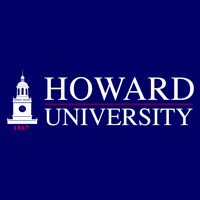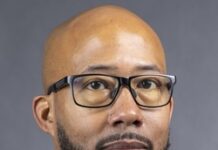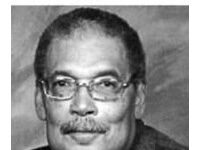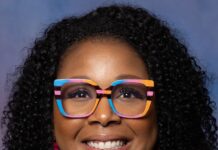 Historically Black Howard University in Washington, D.C., will participate in a $40 million program to establish multidisciplinary academic centers dedicated to reimagining the relationships among markets, governments, and people. Scholars at the new academic centers will investigate how economies should work in the 21st century and the aims they should serve.
Historically Black Howard University in Washington, D.C., will participate in a $40 million program to establish multidisciplinary academic centers dedicated to reimagining the relationships among markets, governments, and people. Scholars at the new academic centers will investigate how economies should work in the 21st century and the aims they should serve.
The initiative is being funded by $40 million in grants from the William and Flora Hewlett Foundation to fund the creation and growth of policy and research centers at Harvard Kennedy School, the Massachusetts Institute of Technology, and Johns Hopkins University, in addition to Howard University. The Omidyar Network, created by Pierre Omidyar, founder of eBay, is providing funds to develop a similar academic center at the Santa Fe Institute. The Ford Foundation is also committed to the effort and will make additional grants to institutions in Africa, Asia, and Latin America, to be announced later in 2022.
The academic centers will all pursue ideas and solutions contributing to the movement to rethink neoliberalism. In addition to developing new bodies of research and collaborating with other research institutions through a multidisciplinary approach, the centers will host convenings to engage scholars, policymakers, and other stakeholders to explore new ways of thinking about our economy.
The Howard University’s Center for an Equitable and Sustainable Society, one of the newly established centers of the initiative will study the causes and effects of racial and economic inequities in order to determine solutions that can properly address those issues.
“The creation of the Equitable Economy and Sustainable Society Center at Howard University signifies a groundbreaking investment in a dynamic, multidisciplinary effort toward upending the complex set of structural barriers that have historically perpetuated racial and economic inequality,” said Wayne A.I. Frederick, president of Howard University. “Howard University is uniquely positioned to engage a wide range of expert scholars whose work unapologetically seeks to advance racial equity. Through the center, Howard will establish an authoritative national clearinghouse of big data on racial and economic disparities; convene HBCUs on contemporary issues; develop coursework in economy and society studies; and influence policy through focused research.”











